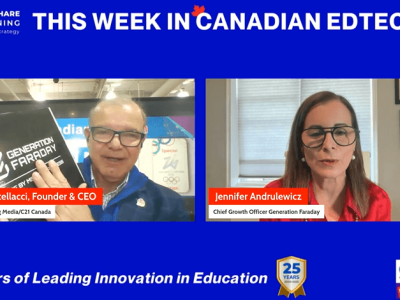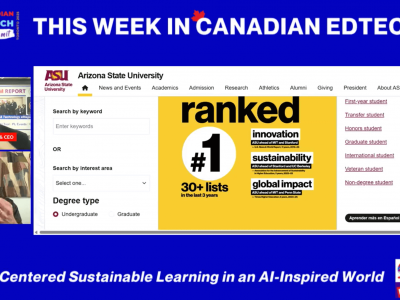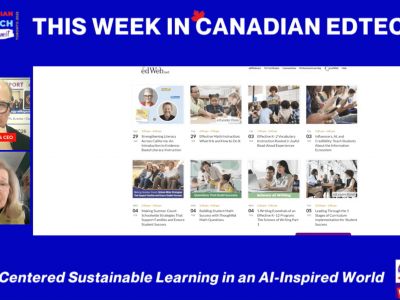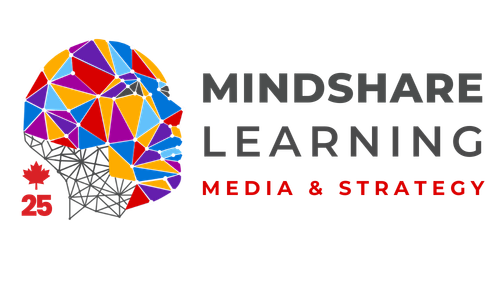The Myth of Mastery: Becoming a Co-Learner with your Class
With robotics, augmented reality, programming and a slew of productivity programs designed to capture student voice and organize the 21st century classroom, there is no shortage of learning opportunities for teachers to master. For many, the task of learning and rolling out any new technology can feel like a climb up Mount Everest. Shifting snow and clouds of outdated or limited access to technology can make this journey even more treacherous. The sherpas, faithful guides and experts to help you along the way aren’t in your school. Maybe you feel buried by an avalanche of confusing online research you need to do or question the practical applications of the technology within your class.
Many of us feel stuck at base camp, unsure if we should leave the safety of our tent. Yet every day, our students experience the same anxieties and fear of failure. We coax them out slowly and carefully, helping them to focus on the small fixable problems, giving them new tools to make their journey easier and celebrating any setback or mistake as a learning opportunity. Teachers are master facilitators: experts who can read a crowd, identify needs, simplify a problem or pose a question that triggers fantastic inquiries.
As expert facilitators, are we willing to let our own students take us by the hand and discover whole new worlds as co-learners rather than as experts from on high? We still are in charge of the expedition; monitoring progress and caring for our explorers, even though we may be unsure of what dangers or failure points lie ahead. We can choose the mountain we want to climb with our students, carefully selecting the technologies that have been proven to foster creativity, improve student learning and engagement.
Given the right tools, achievable goals and support (both from the teacher and their own peers), our students can embark on any learning journey confidently. Choose small mountains to begin: maybe exploring Scratch programming, make an iMovie or build a room that represents student interest in Minecraft. I remember watching an interview with a world-famous restaurant owner who was asked if he did any of the cooking. To my surprise, he said no; that he didn’t know how to cook. He did however say that he surrounded himself with talented chefs and was able to manage the chaos of the kitchen. The question remains: are we comfortable with our lack of technical expertise so that we can learn from and with our students?


Twitter handle:
@BlairFitz1
@BlairFitz1








